NPPC insists on ethanol expansion study
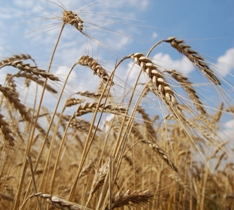
With US pork producers still smarting because of high feed-grain prices, the National Pork Producers Council has insisted that the Obama administration study the economic impact of an expansion of corn-ethanol production and usage.
In a letter to Agriculture Secretary Tom Vilsack, Energy Secretary Steven Chu, Environmental Protection Agency Administrator Lisa Jackson and Carol Browner, who is assistant to the president for energy and climate change, NPPC asked that the administration lead an effort to examine the effects of such an expansion on corn availability, the price elasticity of corn, the users of corn and rural work forces and industries associated with corn.
Raising the cap
Recently, there have been growing calls from lawmakers and ethanol stakeholders for raising the cap on blending ethanol into gasoline to 15% from its current 10%. There also have been signals that the corn-ethanol industry is seeking to increase production in the face of reports that the cellulosic ethanol production mandate of 100 million gallons by 2010 likely will not be met.
NPPC wants the administration to bring stakeholders together to consider all possible impacts of corn-ethanol expansion, including the extent to which increasing blend limits will further increase market speculation, affect grain and commodity markets and actually help the ethanol industry.©
“In this new era of openness and transparency and calls for scientific integrity in Washington, I can’t imagine anyone or any organisation being opposed to a study on the effects of producing and using more corn ethanol,” said NPPC President Don Butler. “We hope the Obama administration and Congress provide answers to the questions surrounding ethanol expansion before rushing to change ethanol policy – that’s the America way.”
US pork industry
While the US pork industry has not opposed the use of ethanol and the country’s goal of producing 15 billion gallons of corn ethanol by 2015, it has paid a price, literally, in the form of much higher feed costs. Due mostly to those higher costs, pork producers since October 2007 have lost an average of $20 on each hog marketed; the industry has lost between $3 billion and $3.5 billion in equity over the past 18 months.
Related website
• NPPC
©
Join 18,000+ subscribers
Subscribe to our newsletter to stay updated about all the need-to-know content in the pigsector, three times a week. Beheer
Beheer

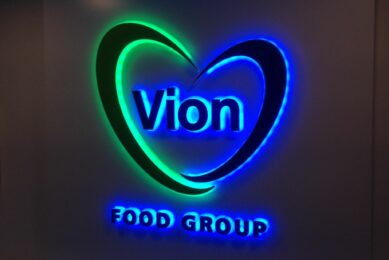
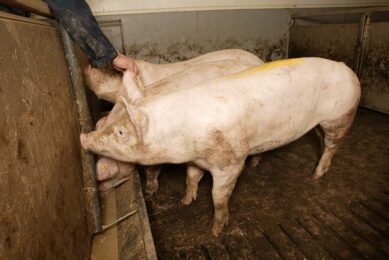
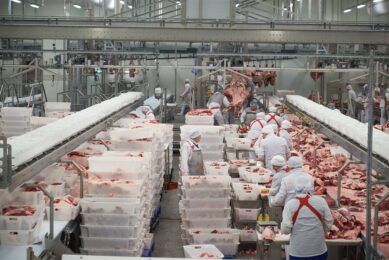
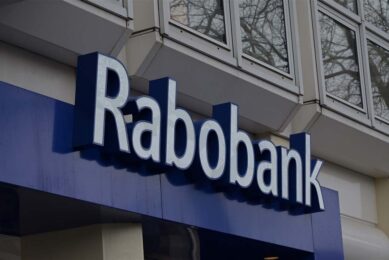





 WP Admin
WP Admin  Bewerk bericht
Bewerk bericht